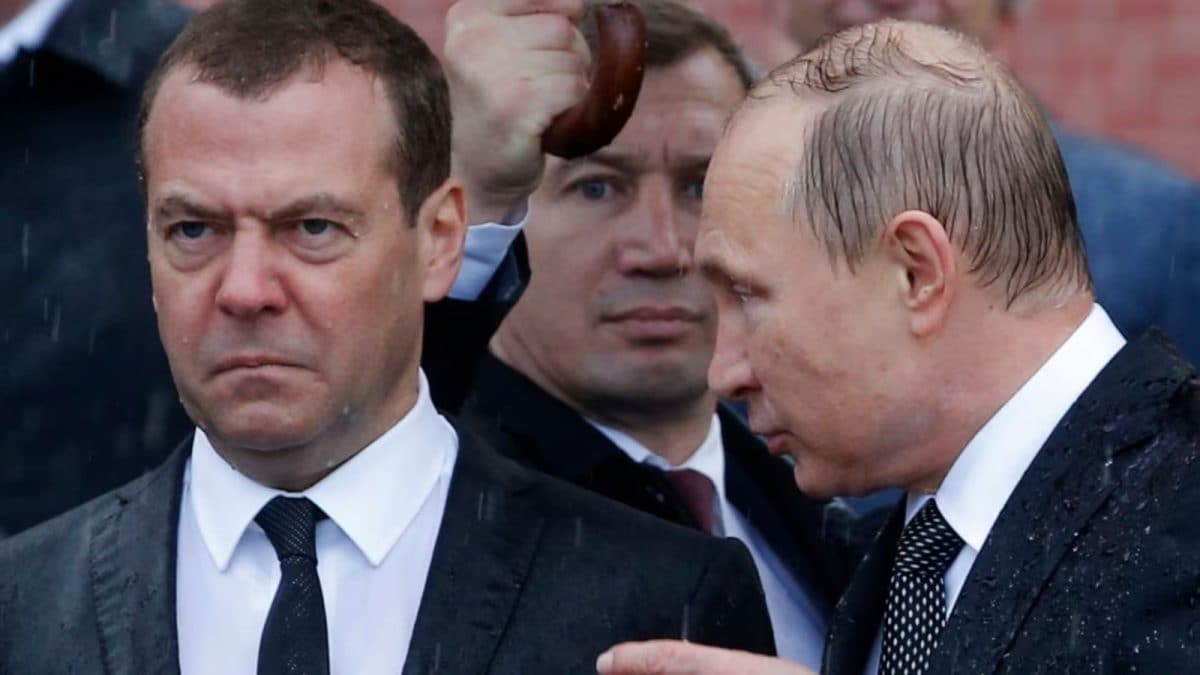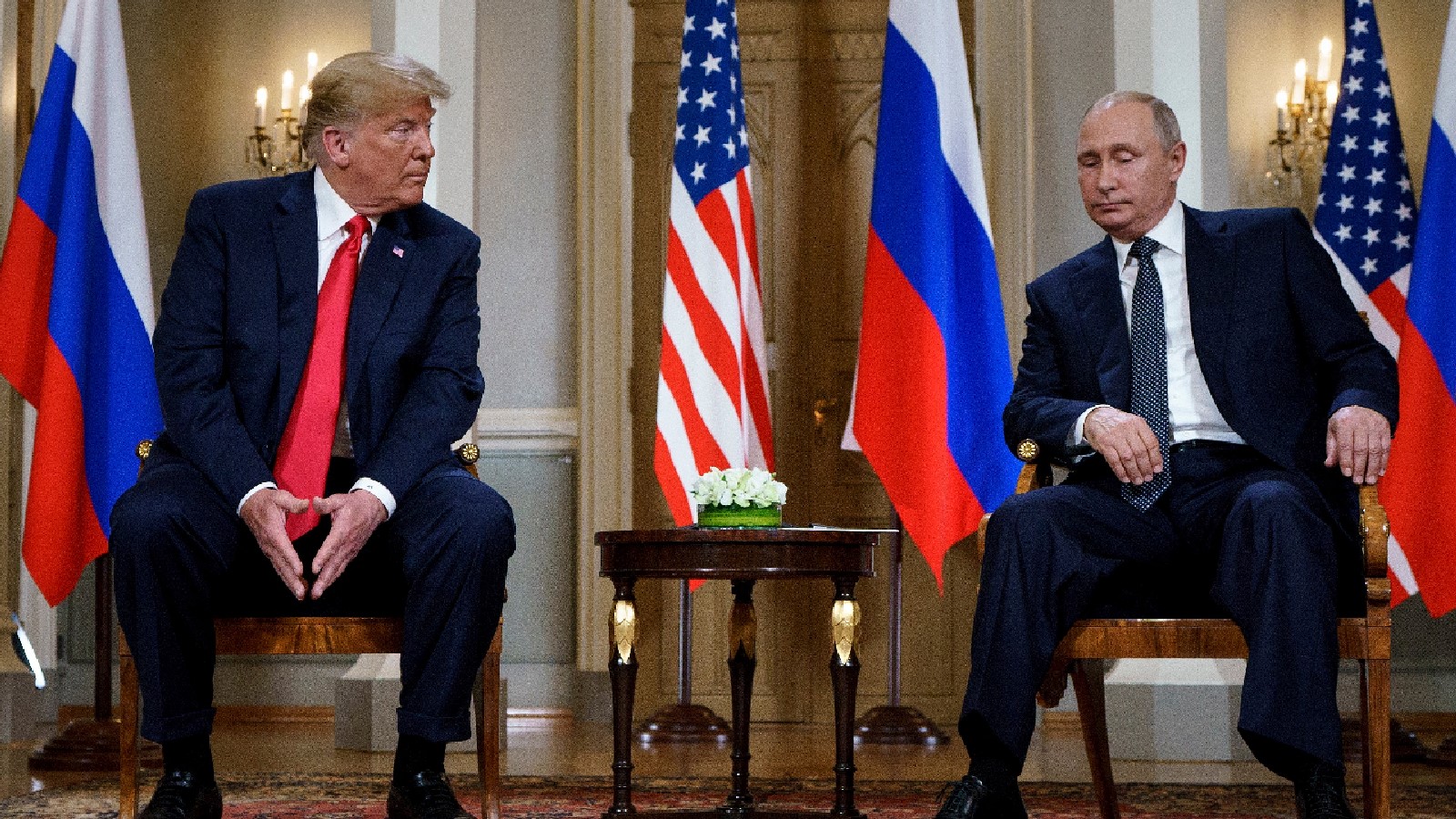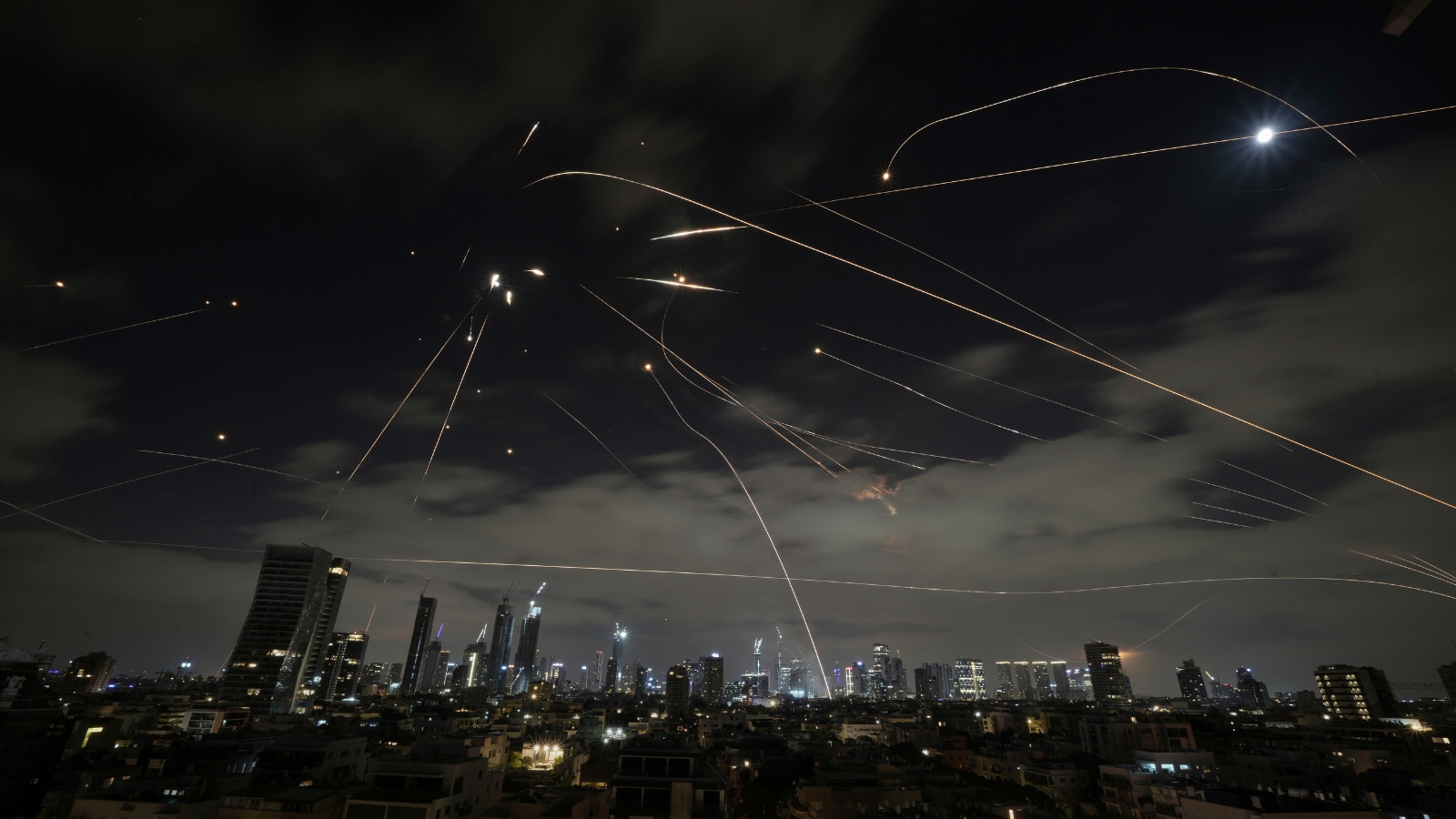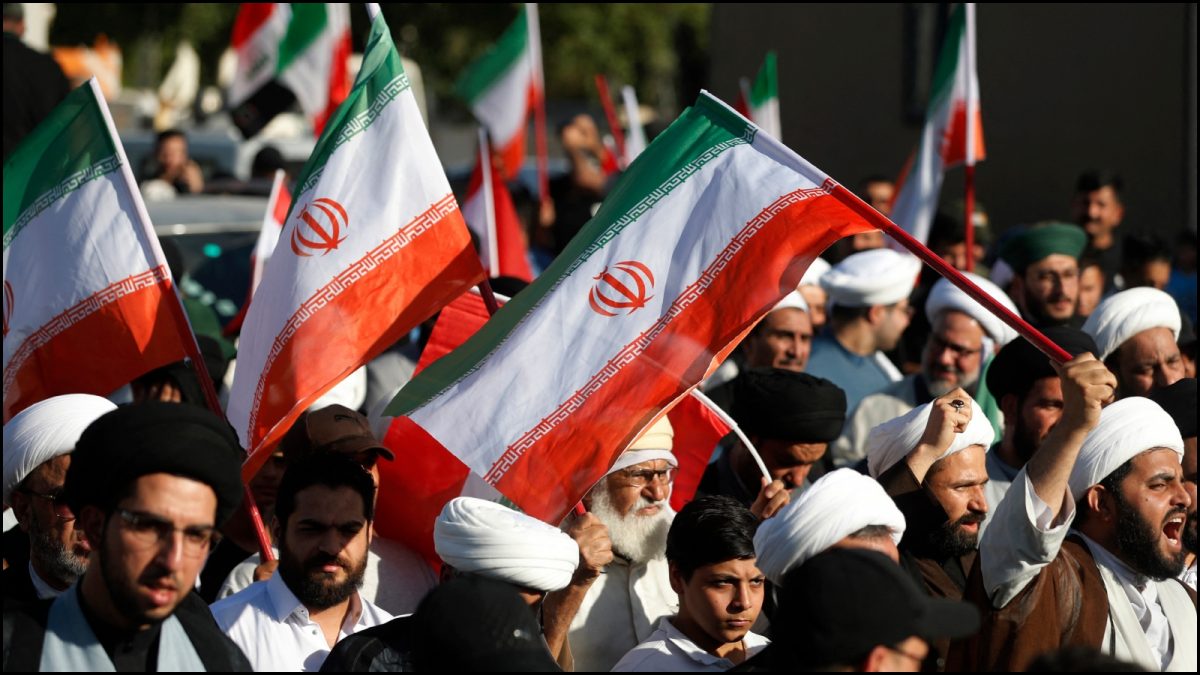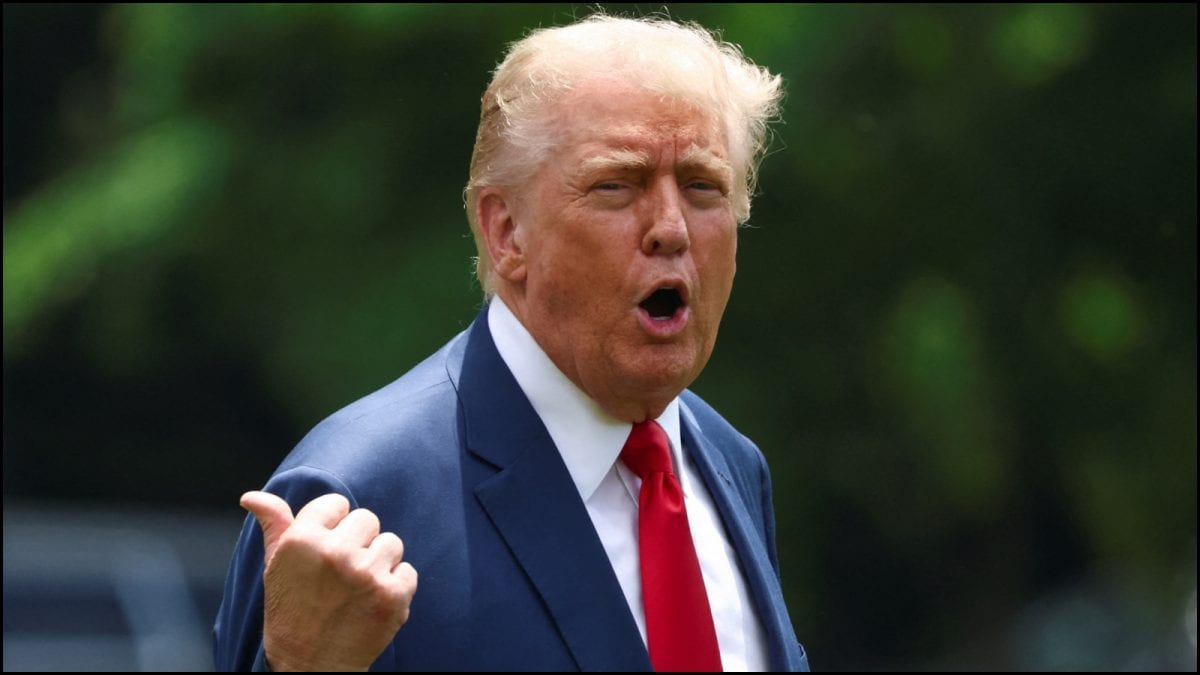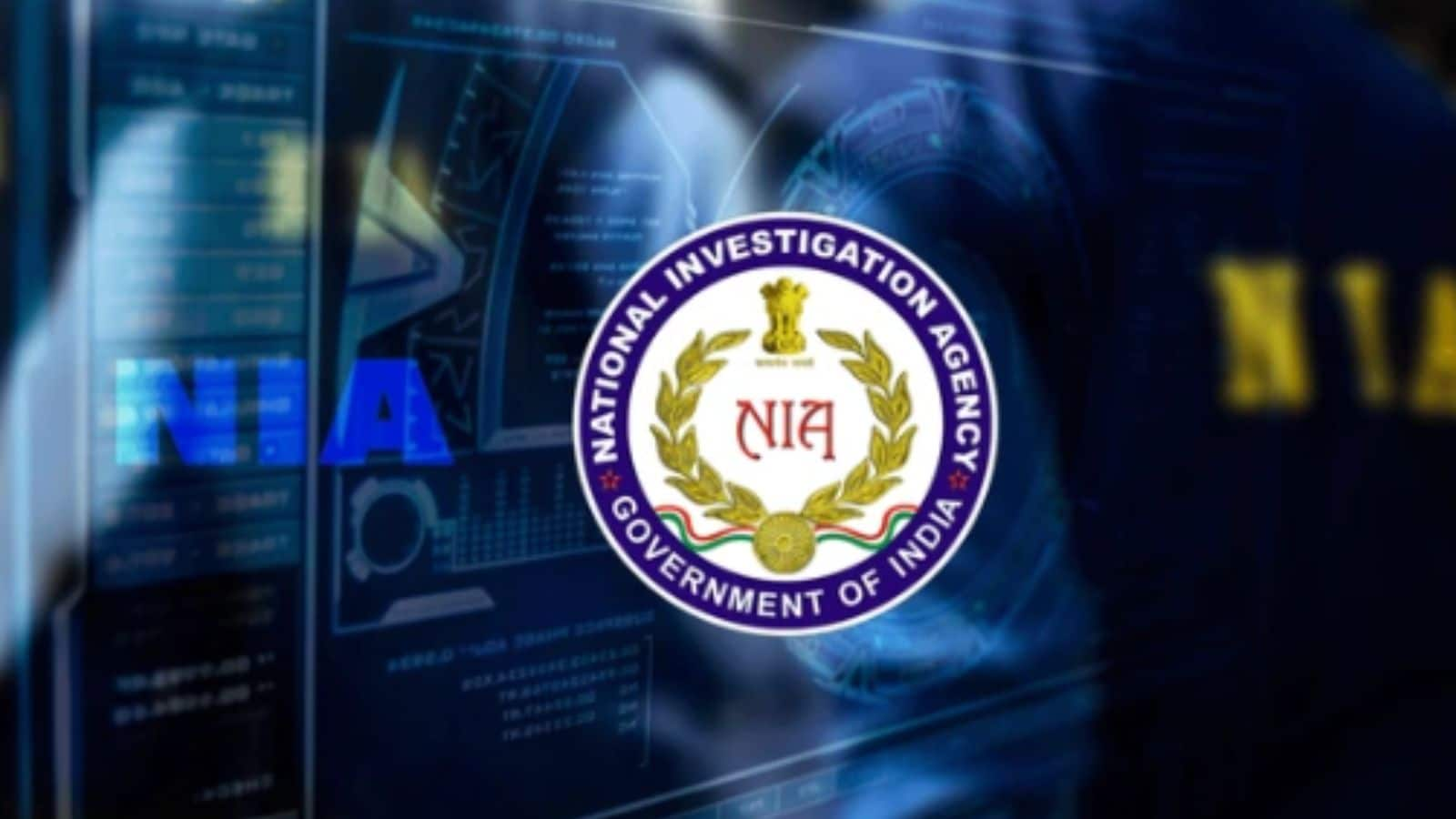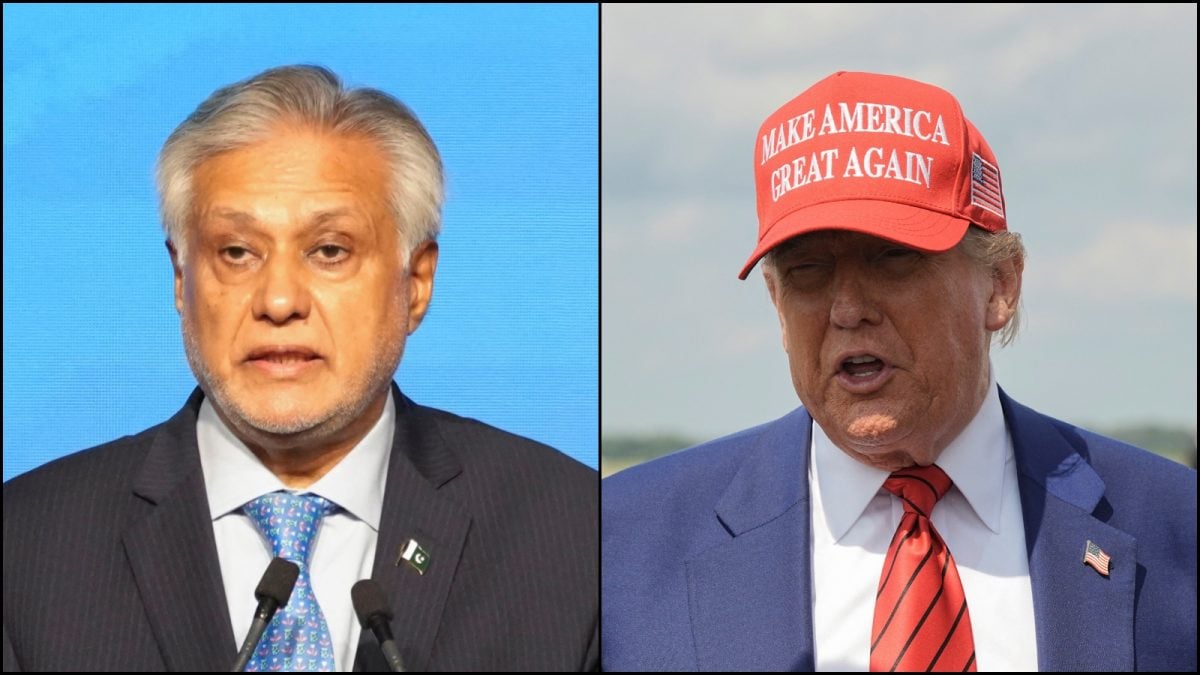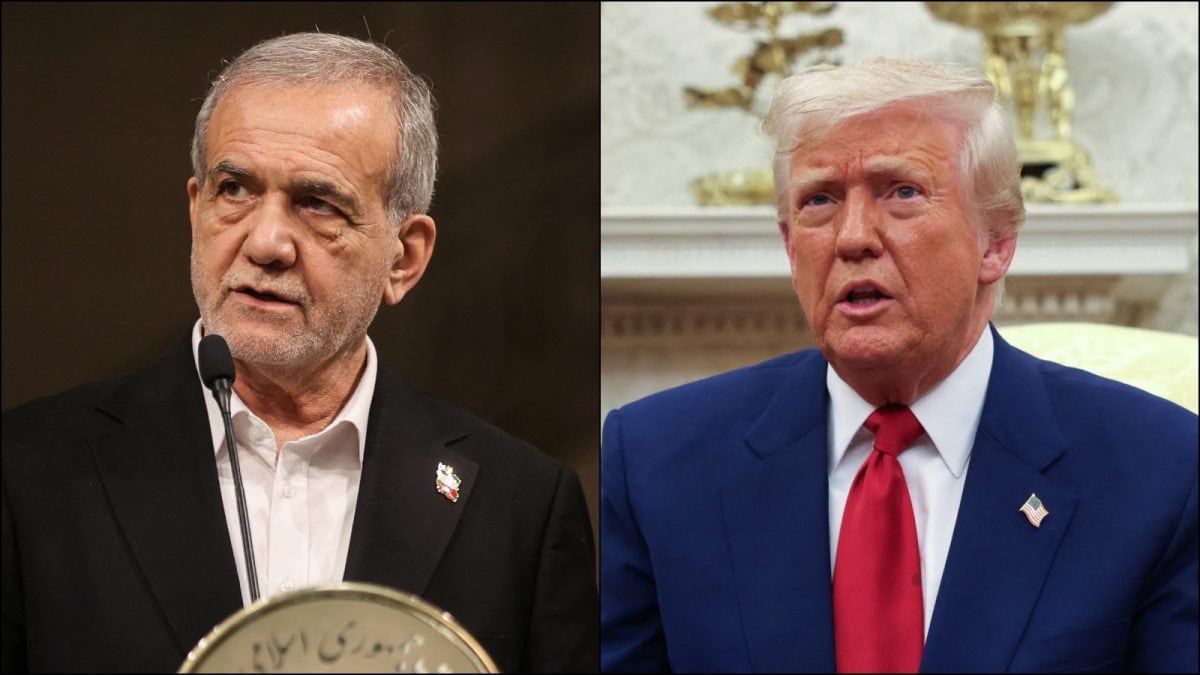Last Updated:June 22, 2025, 11:04 IST
Hezbollah alone is armed with an estimated 150,000 rockets, capable of overwhelming Israel’s Iron Dome defense system.

At least 600 people have been killed in the Iran-Israel conflict.(Reuters)
A nuclear-armed Iran could act as a state sponsor of nuclear terrorism, using its atomic arsenal as a shield while empowering its proxies to strike enemies with impunity.
According to sources, Tehran would not need to launch a weapon itself, it could operate through militant groups like Hezbollah, Hamas, and the Houthis, maintaining plausible deniability while wreaking havoc across the region.
By hiding behind nuclear capability, Iran would fundamentally alter the balance of global power, rendering US military dominance ineffective, collapsing the fragile Middle East security architecture, and emboldening hostile actors around the world.
The United States and its allies fear this possibility not just for security reasons, but because of the strategic and ideological threat it poses, a regime with extremist ambitions backed by a nuclear umbrella.
The US strikes on Iran’s key nuclear sites reflect the urgency of this threat. The attack targeted Fordow, Natanz, and Isfahan — facilities central to Iran’s uranium enrichment and nuclear research operations — marking a pivotal move to prevent the regime from crossing the nuclear threshold.
Iran’s Network Of Proxies
Iran’s network of proxies adds another layer of danger. Hezbollah alone is armed with an estimated 150,000 rockets, capable of overwhelming Israel’s Iron Dome defense system. Hamas and the Houthis give Iran the ability to strike U.S. and Israeli interests without facing direct retaliation. Iran spends $16 billion annually on these groups, equipping them with cheap drones and missiles that can bypass advanced defense systems and challenge U.S. technological superiority.
The regime’s influence extends far beyond the Middle East. Hezbollah has operatives in Europe and Latin America, while the Iranian Quds Force has been linked to international assassination plots, including the 2011 attempt on the Saudi ambassador in Washington, D.C. Tehran’s long-standing calls for Israel’s destruction add to the urgency—just one nuclear warhead could kill millions in Tel Aviv or Jerusalem.
Consequences Of Nuclear-Armed Iran
The consequences of a nuclear Iran wouldn’t be limited to the region. A nuclear-armed Iran would trigger a regional arms race, with Saudi Arabia, Turkey, and Egypt likely to pursue their own nuclear programs — effectively collapsing the Non-Proliferation Treaty (NPT). Iran could then openly arm Hezbollah or Hamas with weapons of mass destruction, knowing that the threat of nuclear retaliation would deter U.S. or Israeli counterattacks.
Worse, Iran could exploit its position to blockade the Strait of Hormuz, through which nearly 30% of the world’s oil supply flows, causing oil prices to soar past $200 per barrel, sending global markets into turmoil.
Iranian proxies have already inflicted devastating losses—over 600 U.S. troops were killed in Iraq between 2003 and 2011 by Iran-backed militias like Kataib Hezbollah. A nuclear-armed Iran would not only accelerate these proxy attacks but shatter 70 years of nuclear deterrence, placing the world on the brink of a new and far more dangerous era.
Group Editor, Investigations & Security Affairs, Network18
Group Editor, Investigations & Security Affairs, Network18
News world Nuclear-Armed Iran Could Sponsor Nuclear Terrorism, Strike Through Proxies Hiding Behind Atomic Arsenal

 5 hours ago
5 hours ago

